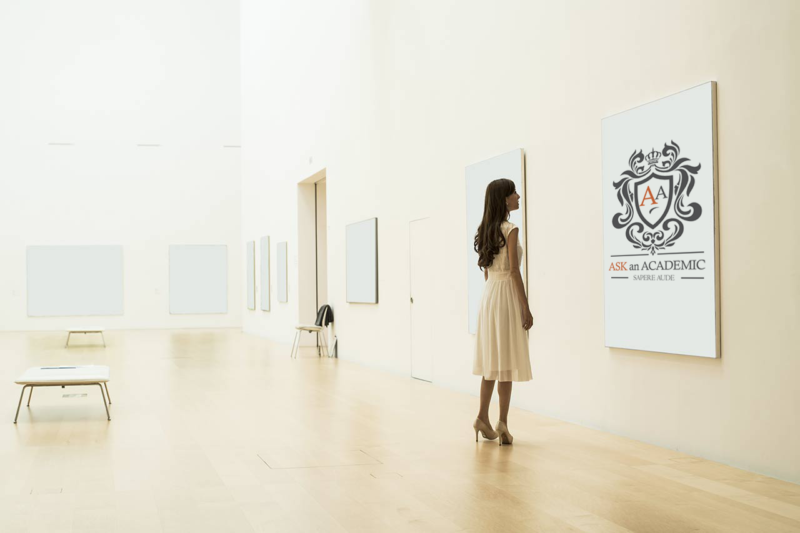International Sports and War
A discussion of the relationship between war and international sports, and whether the latter can be viewed as a form of the former
Question
Is international sports war by another name?
Answer
Historically there has been a connection between competitive sports and military preparedness, since the poor quality of conscripts is a major issue for governments contemplating involvement in a war (Houlihan, 2000). Theorists of politics and sport have noted, however, that international sports have been valued by governments even more for their cultural and symbolic meanings than for their physical dimension (Malec, 1993). According to Anderson (2015) many leaders, including those of Nazi Germany and Soviet Russia, tried to use sport in order to advance their respective political ideologies of National Socialism and Communism in the years preceding the Second World War, but this had little impact on matters of war and peace. Friendly games continued with both enemies and allies right up until the opening of hostilities.
During the Cold War, international sports did assume some of the features of a proxy for war, and events such as the Olympic Games were often reported in terms of the tensions between the two major superpowers, the USA and the Soviet Union (Straub and Overton, 2012). At that time debates over issues such as doping and human rights were symbolic of deeper cultural conflicts, against a background of an unthinkable nuclear holocaust (Andrews and Wagg, 2007). This does not mean, however, that international sports can always be interpreted as war by another name. There are many examples of international sports being used to build bridges between economic or political opponents, as in the case of international trainer and player exchanges. International sports provide an arena for cultural exchanges of all kinds, including collaboration and mutual support, as well as conflict over race, gender, human rights, political or economic ideology and many other contemporary issues.
References
Anderson, S. (2015) The Politics and Culture of Modern Sports. London: Lexington Books.
Andrews, D. L. and Wagg, S. (2007) Introduction: war minus the shooting? In S. Wagg and D. L. Andrews (Eds.), East Plays West: Sport and the Cold War. Abingdon and New York: Routledge, pp. 1-10.
Houlihan, B. (2000) Politics and sport. In J. Coakley and E. Dunning (Eds.), Handbook of Sports Studies. London: Sage, pp. 213-227.
Malec, M. (1993) Patriotic symbols in intercollegiate sports during the Gulf War: A Research note. Sociology of Sport Journal 5, pp. 197-211.
Straub, S. K. and Overton, J. (2012) The symbolic politics of Olympic cheating scandals: Representing international tensions in sport. International Journal of Sport & Society 3(4), pp. 65-78.
